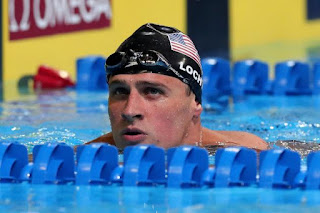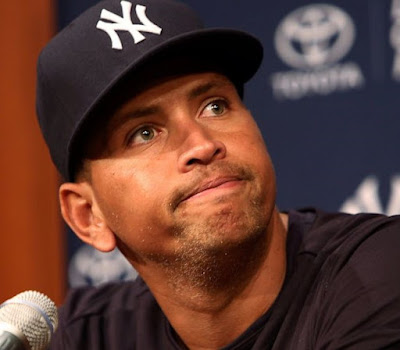Two years ago, they doubled down on their personnel's strengths, focusing on contact, speed, defense and relief pitching, and flipping strikeout-prone Wil Myers for a dubious return (it seemed at the time) that catapulted them to a pair of World Series.
 Yet baseballdom seemed taken aback when GM Dayton Moore stayed the course at the Trade Deadline following a 7-19 July that pushed the Royals to the edge of extinction for the season. What Moore knew was that the snake bites that crippled his team -- including a freak collision that put Moustakas and Gordon simultaneously on the shelf -- would mend itself in time for the team to bounce back.
Yet baseballdom seemed taken aback when GM Dayton Moore stayed the course at the Trade Deadline following a 7-19 July that pushed the Royals to the edge of extinction for the season. What Moore knew was that the snake bites that crippled his team -- including a freak collision that put Moustakas and Gordon simultaneously on the shelf -- would mend itself in time for the team to bounce back.Yost is the Most
KC has the perfect manager for just such a task. Ned Yost is no strategic savant, to be kind, but he keeps a steady hand on the till and maintains faith in his players, faith that has repeatedly been vindicated. Sure enough, a 20-9 August has the Royals back in the muddled Wild Card race.
"Dayton said he wasn't going to make any deals unless it made us better now or in the future," Yost said. "So, we just weren't going to sell off players. We both talked about it. This was the same group we liked out of Spring Training. And we both felt like we had the ability to get it turned around.
To Yost's credit, he doesn't subscribe to any of the silly chatter you hear from the buffoonosphere about one daring act transforming the team.
"You don't spur turnarounds. If you could spur turnarounds, then what were we doing in July?" he said.
The Sweet Sound of Smart
When you hear that kind of talk from a manager, you know your nine is in good hands. The Royals are one of seven teams battling for just two Wild Card berths, anchored down by near-worst on base and slugging percentages, and four key pitchers on the DL.
But if anyone can pull a rabbit out of their baseball caps it's the two-time AL champions. They can thank a general manager and a field general who know that sometimes just waiting is the best strategy.








